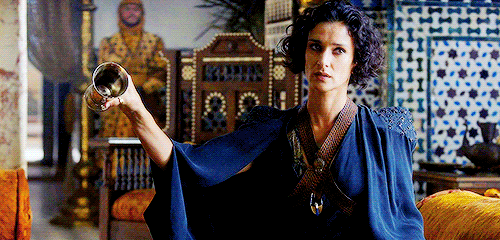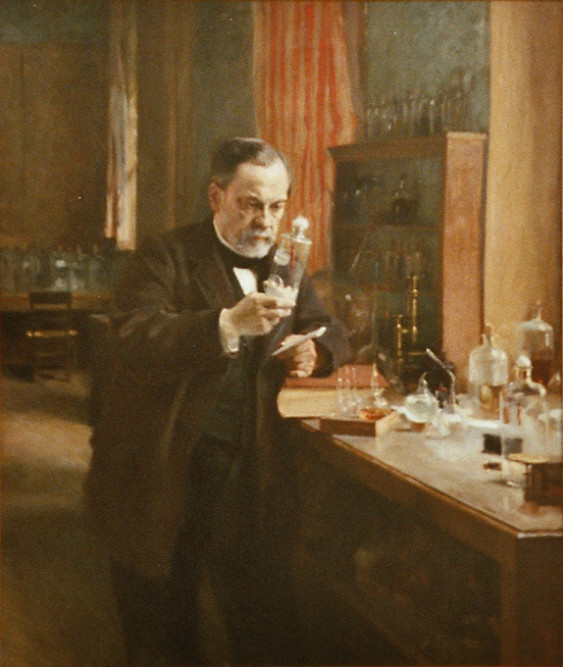For someone who isn’t a scientist, I think about Louis Pasteur a lot. Almost every time I reach into my refrigerator, to be honest. Because when I look at my carton of milk, the word pasteurized always catches my eye.
The 19th-century French chemist and microbiologist is basically responsible for food safety as we know it today, as well as the germ theory of disease and many of the vaccines we still use to this day, including rabies, cholera and diphtheria. But did you know that he pretty much singlehandedly saved the French wine industry, too?

Here’s what people were doing with French wine before Pasteur came along.
You see, back in the 1850s and 1860s, French wine was experiencing a problem: spoilage. By the time it got to foreign markets, any number of factors at work in the wine caused it to be sour or bitter, flavorless or overly sweet. In short, it was funky. And it started getting a reputation so bad that the country’s entire wine industry was threatened.
In stepped Louis. Unlike his fellow scientists, he had developed a theory that little invisible organisms (what we would call bacteria and viruses today) were responsible not only for disease but also for food spoilage. Sacré bleu! People thought he was crazy. But Pasteur persisted.

Thank goodness for Pasteur’s persistence.
In the mid-1850s, an industrialist in the alcohol industry asked him to find out why vats of beet juice that were being fermented into alcohol were going off. After examining samples under a microscope and finding them teeming with bacteria, Pasteur’s moment of genius was theorizing that these bacteria were the cause rather than the result of the spoilage. He was ridiculed at first for suggesting that the air around us, not to mention surfaces and our very own bodies, were filled with living organisms, but study after study bore out his theories.
He had already begun to look into how fermentation worked, and it was he who realized that it was actually a biological process – that of living yeast basically feeding on the sugars in grape juice and converting them into alcohol – rather than a purely chemical process.
In 1863, at the request of Napoleon III, he turned his attention to wine. After a long process of inspecting the wineries in France’s various regions, Pasteur had this to say: “There may not be a single winery in France, whether rich or poor, where some portions of the wine have not suffered greater or lesser alteration.” In short, it was looking bad.
Thanks to his work with fermentation and bacteria, though, Pasteur knew that it was microorganisms causing the spoilage. So how did he get rid of them? If you boil the wine, you kill the troublesome bacteria, but you also spoil the wine. So instead, Pasteur heated the wine little by little to discover the point at which the harmful bacteria would die off but that the wine itself was not damaged by the temperature. The magic number turned out to be 55 degrees Celsius, or 131 Fahrenheit.
He patented the process, and applied it to other perishable liquids including beer and milk. Hence we got the term pasteurization, and it is still used today to ensure food safety in several industries. Oh, and in his spare time, Pasteur also prevented the collapse of the silk industry in France by treating a silkworm epidemic – apparently it was a tough era!
So next time you pop open a bottle of wine, and everything smells and tastes right, remember you have Louis Pasteur to thank, and toast to the man who saved French wine.

